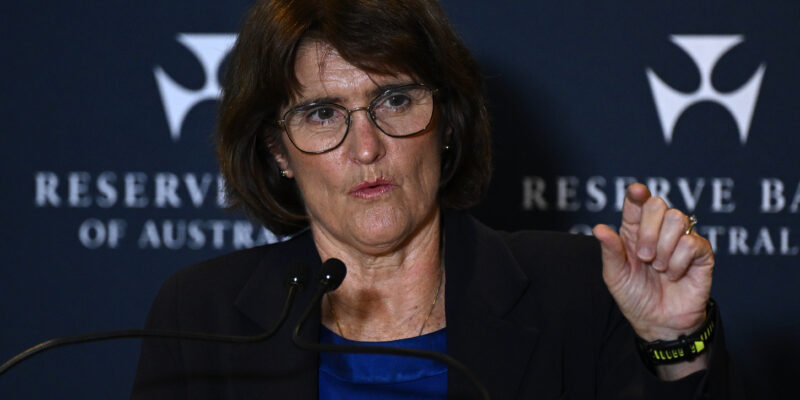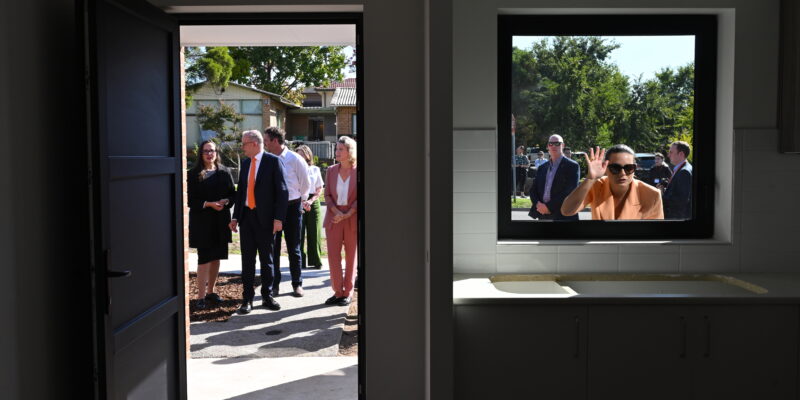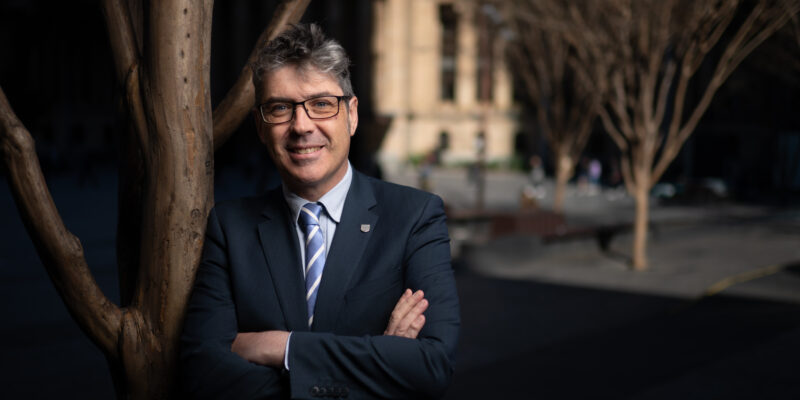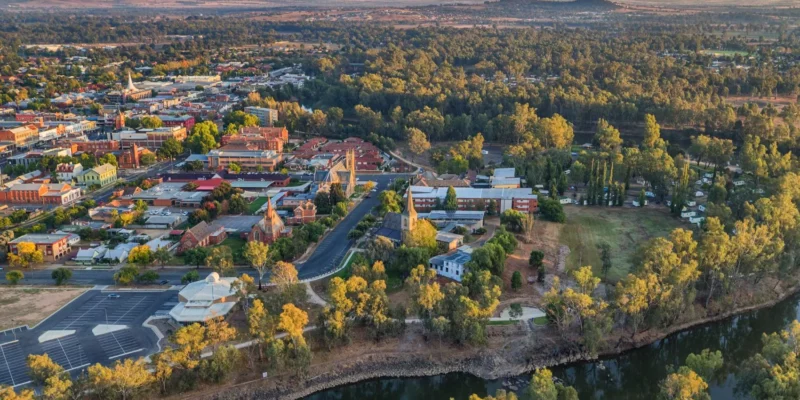One in 23 properties at high risk from climate events
No home or business is safe from the consequences of burning fossil fuels, Climate Councillor and Former NSW Fire & Rescue Chief Greg Mullins says.
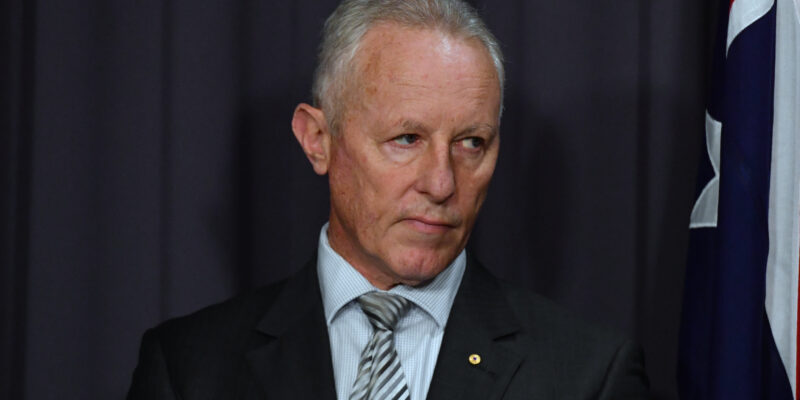
A total of 652,424 properties are at high risk from hazards made more dangerous by climate pollution, according to new research.
That’s equivalent to a city the size of Adelaide.
Another 1.55 million properties are at moderate risk – for which insurance costs will be abnormally high, the data from Climate Valuation shows.
The analysis says more than 72,000 homes and businesses are located in 86 suburbs categorised as “critical climate risk zones”, where 80-100% of properties are classified as high risk and insurance may soon become unaffordable or withdrawn entirely.
Climate Councillor and economist Nicki Hutley said: “The climate crisis is literally at the doorstep of Australian households, as worsening extreme weather driven by climate pollution risks their greatest asset: the home.
“We keep getting hit by disasters in Australia and that’s driving insurance bills through the roof, but we cannot insure our way out of this crisis.
“It’s not just Australian voters in risky areas who should be looking closely at this.
“Five of the top 10 ASX-listed companies are banks with significant exposure to climate disaster risk through residential mortgages and loans for commercial property and businesses.”
The data was drawn from 15 million residential and commercial properties across 15,000 Australian suburbs and 150 electorates, Climate Valuation founder Karl Mallon said.
“The numbers show us that climate change is not a far-off future event: it threatens entire communities today,” he said.
“Most alarmingly, our analysis has identified 86 critical climate risk zones requiring urgent and major government interventions, such as flood levies, buy backs or other measures.
“It is imperative that decision makers at all levels look seriously at the stark statistics presented here and work to address questions head-on: What adaptation action are all levels of government going to take now to protect our vulnerable communities? And, how will this be financed?”
Climate Councillor and Former NSW Fire & Rescue Chief Greg Mullins said: “No home or business is safe from the devastating consequences of burning fossil fuels.
“Even if your electorate is in a low-risk zone, it does not mean fires or floods won’t happen in your local area because climate change has rewritten the rules.
“As the recent fires in LA and Japan show, massive fires can now happen in winter. They can happen in rainforests like the Daintree or in the suburbs of London.
“We’ve been through Black Summer, Black Saturday, and the 2003 fires that badly impacted Canberra. Unfortunately, we’ve already locked in conditions for similar fires again, but we have a choice for the future.”
